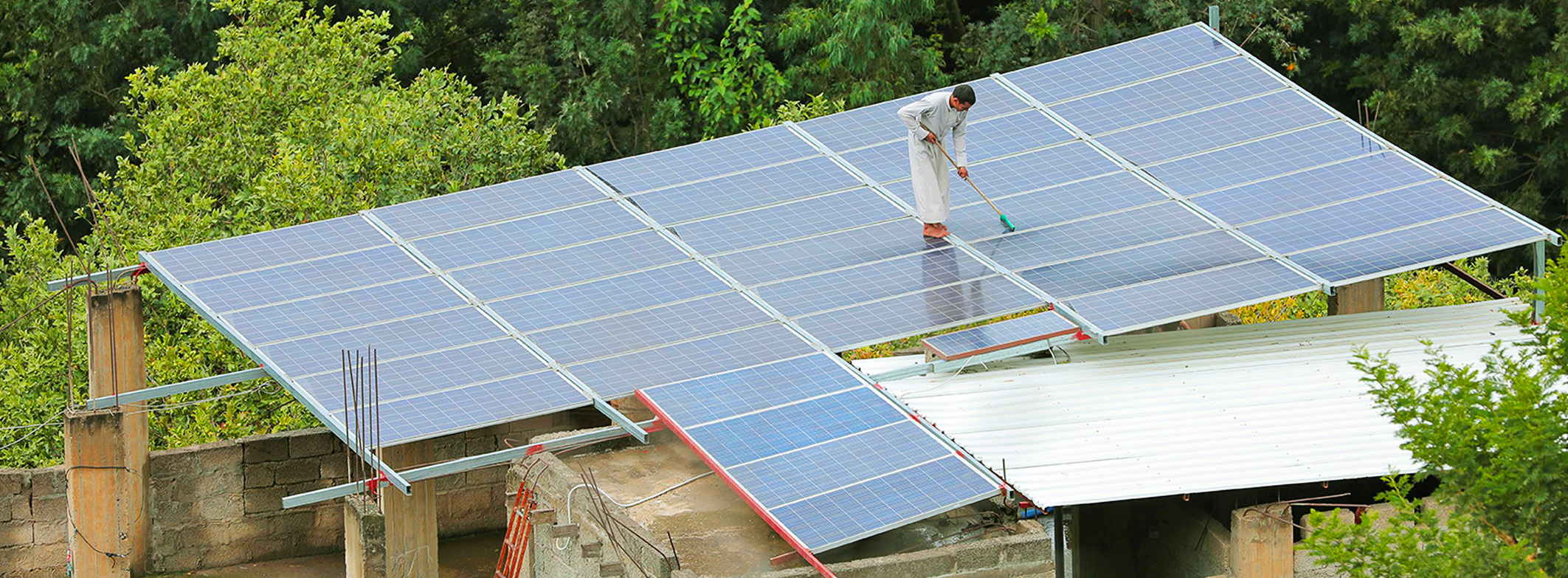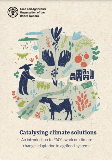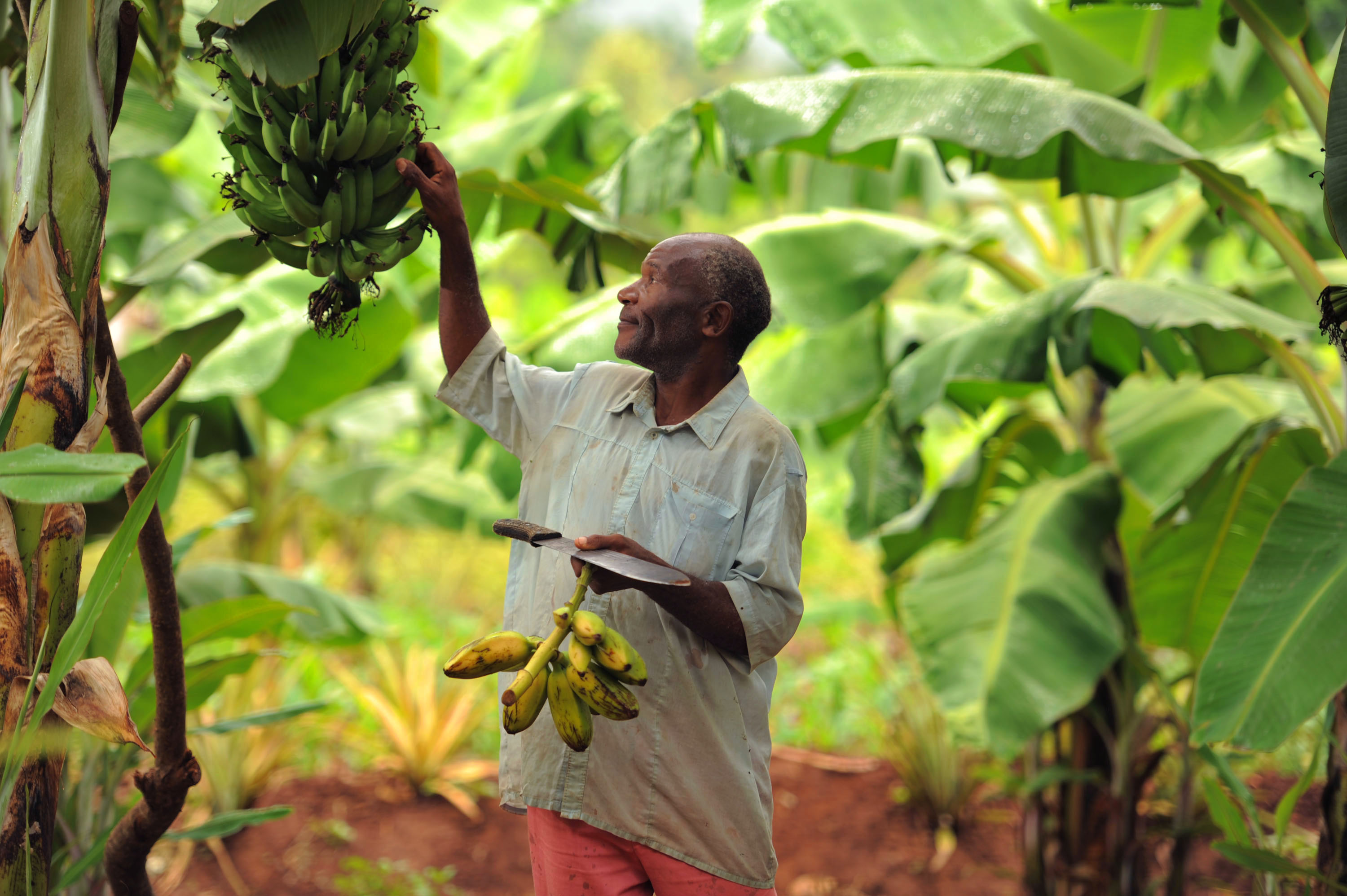
Policy support
FAO acts as a neutral forum, where all nations meet as equals to debate, negotiate agreements and strengthen global, regional and national climate and energy policy and governance.
Climate policy includes policies to mitigate climate change (reducing greenhouse gas emissions and removing greenhouse gases from the atmosphere, so that the climate does not change as much or as quickly); and to adapt to climate change (helping communities and businesses to build resilience and avoid the worst effects of warmer temperatures, extreme weather, and other impacts).
FAO works to ensure that energy policies are climate-friendly and focused on increasing the efficiency of energy use; increasing the sustainable production and use of renewable energy; and encouraging research into and the development of innovative energy technology.
How FAO supports
Latest publications

An introduction to FAO’s work on climate change adaptation in agrifood systems
08/12/2023
Due to the urgent need to protect communities, ecosystems, and economies from the impacts of a changing climate, adaptation is becoming increasingly relevant. Climate change is already a significant stressor on most global and local value chains and threatens food security. This makes timely implementation of sustainable adaptation actions that catalyse agrifood system resilience indispensable for working towards better nutrition, better environments and better production, leaving no one behind.

A snapshot of the status and way forward for transforming agrifood systems in the Pacific – Identifying entry points and analysing trade-offs for policymakers
01/05/2023
Snapshot of the status and way forward for transforming agrifood systems in the Pacific – Identifying entry points and analysing trade-offs for policymakers," describes the impact of climate change on the agrifood systems of Pacific Island countries.

Submission by the Food and Agriculture Organization of the United Nations (FAO) to the United Nations Framework Convention on Climate Change (UNFCCC) in relation to the Sharm el-Sheikh joint work on implementation of climate action on agriculture and food security 3/CP.27, paragraph 17 and paragraph 18
27/03/2023
FAO welcomes the decision 3/CP.27 - Sharm el-Sheikh joint work on implementation of climate action on agriculture and food security (in further text referred as the Joint Work) and the opportunity to share views on the elements of the joint work referred in paragraphs 14-15, including topics for the workshops referred to in the paragraph 15(b) and operationalization of the Sharm el-Sheikh portal referred to in paragraph 16.
Highlights

Nepal pursues a locally led adaptation approach to implement climate plans
11/04/2023
April 2023 – Nepal is home of the Himalayas and a country with a unique topography, including the world's highest peaks and deep river...

Nations adopt the Kunming-Montreal Global Biodiversity Framework
22/12/2022
The global deal aims to reverse biodiversity loss and set our world on the road to recovery

FAO’s Climate Risk Toolbox highlighted at IPPN’s Knowledge Café
23/02/2023
On January 18, FAO presented one of its latest tools developed by the Office of Climate Change Biodiversity and Environment (OCB)to support climate...




